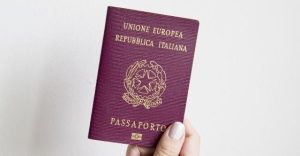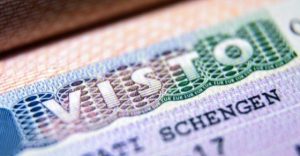- Visas and Immigration
- Italian Citizenship
-
-

Italian Citizenship by Descent
A child born of an Italian father or mother is also an Italian citizen based upon the principle of jure sanguinis (blood right).
-

Jure Sanguinis – Lawsuit in Court (1948 case)
If your Italian Citizenship application fall into the “1948 cases”, we can assist you to proceed through a legal proceeding at the Italian Court in Rome.
-

Italian Citizenship by Marriage/civio union
People who are married, or join in a civil union, to an Italian are entitled to acquire citizenship.
-

Italian Citizenship by Residency
People who have legally resided in Italy for a certain number of years (this vary from case to case) may be able to acquire citizenship.
-

Reacquisition of Italian Citizenship
We provide advice and legal assistance for foreigners who would like to request the reacquisition of the Italian citizenship.
-
-
- Legal Services
-
-

Corporate & Commercial Law
We assist foreign companies to establish a business presence in Italy, including legal advice, documentation guidance and practical assistance for incorporation and registration in Italy.
-

Inheritance Law
If you need legal assistance for claiming your inheritance rights in Italy, we can appoint a dedicated legal counsel to follow your case.
-

Customized legal services
-
-
- Insights
-
-

Blog
Latest news, curiosities and hot topics on Italian immigration and citizenship law.
-

Videos
Our videos and playlists on Youtube.
-

Our ebooks
Navigating the complex world of Italian immigration and citizenship can be challenging, but we're here to help!
-

Publications
Books, academic articles, online publications, and contributions to websites and magazines.
-
-
- About us
-
-

About Us
Founded in 2007 specialized in Italian business immigration and citizenship law, corporate and commercial law.
-

Our Team
With a multilingual team of experienced lawyers and paralegals, we can assist clients in all parts of the country.
-

Firm News & Events
Latest news and events of our firm.
-
-
- Contact us
-











